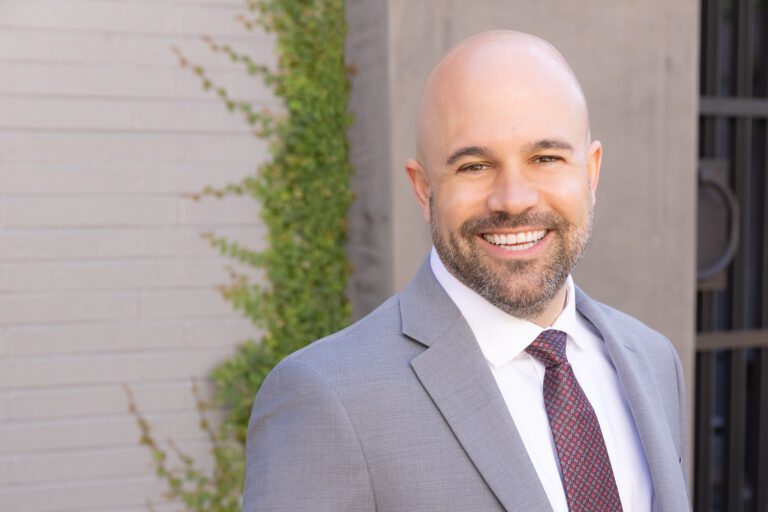I have lost some of my teeth and now I may have to lose them all. What are my options for replacing missing teeth?
There are many options, including dentures and dental implants.
Should I get dentures?
A denture is a removable dental prosthesis. It is made entirely of acrylic and specially designed to match the ridges and tissues of the mouth. Properly made, it should fit comfortably, look natural and under certain conditions, remain stationary in the mouth. A denture should be removed every night and kept hydrated (often in a glass of water). Although dentures are generally an option for everyone, most people have options that give them more confidence and comfort.
Should I use denture adhesive or cream?
A denture that replaces the upper teeth can often be made to create a suction effect and help with retention in the mouth. A lower denture often lacks suction and will likely need some denture adhesive.
I know I don’t want to use glue. What else can I do?
The easiest and most affordable option uses dental implants to keep one’s dentures secure. Two or more dental implants can help anchor a denture so that it remains stationary and comfortable, allowing for an increased ability to chew and smile with confidence without denture adhesive/glue.
What if I don’t want to pull my teeth every night?
Can I replace my teeth without dentures? Absolutely! There are many options in this category as well, but they all involve dental implants. Think of a dental implant as a root replacement. The teeth are attached to these “prosthetic roots” and fixed in the mouth in their correct and natural position. This allows for the straight, white, beautiful smile you may have dreamed of and the confidence of knowing that it not only stays put during the day, but also doesn’t come off at night! These prostheses differ in their material (full acrylic, titanium-based acrylic, zirconium/ceramic) as well as in the number and position of the dental implants. They can be tailored to one’s desires and budget.
What is a prosthodontist and why should I see one?
The prosthetist is a specialist in dental prosthetics. They have an additional three years of training in crowns, bridges, dentures, partials, dental implants and hybrids. When replacing all upper or lower teeth, the restorative plan is very important. Prosthodontists are the best experts to help someone understand the pros and cons of each option as it relates to their unique oral anatomy. Losing your teeth can end with a confident smile!
Dr. Jason Rowe is well qualified to treat patients with extreme dental complexities. After earning his doctorate at Baylor College of Dentistry in Dallas, Dr. Roe served seven years in the US Army where he completed his residency at the prestigious US Army Advanced Training Program in Prosthetics. As chief resident, Dr. Roe was dual trained as a clinician and dental laboratory technician giving him the advantage of excellence in both fields. After his stay, Dr. Roe completed his board certification and became a Diplomate of the American Board of Prosthodontics. Holding various positions during his time in the military, he served as a staff prosthetist to thousands of soldiers in Georgia, North Carolina and Afghanistan. Dr. Roe was able to expand his background as a lab technician when he headed a dental lab shared by dozens of dentists and lab technicians. As a professor and lecturer, Dr. Roe has mentored dozens of postdoctoral dental residents in the field of prosthodontics, been awarded Mentor of the Year, and has lectured at Harvard. His knowledge, compassion, friendly demeanor and patience resonated with his former students just as they do with his patients today at ProDental Dallas. ProDental Dallas is a state-of-the-art, boutique-style office where every patient is treated like family. With a desire to enrich patients’ dental experiences, Dr. Roe and his team strive to create smiles and change lives.


